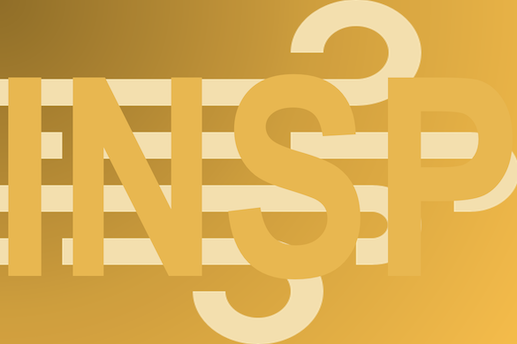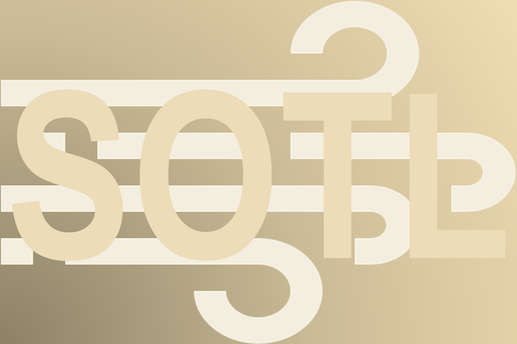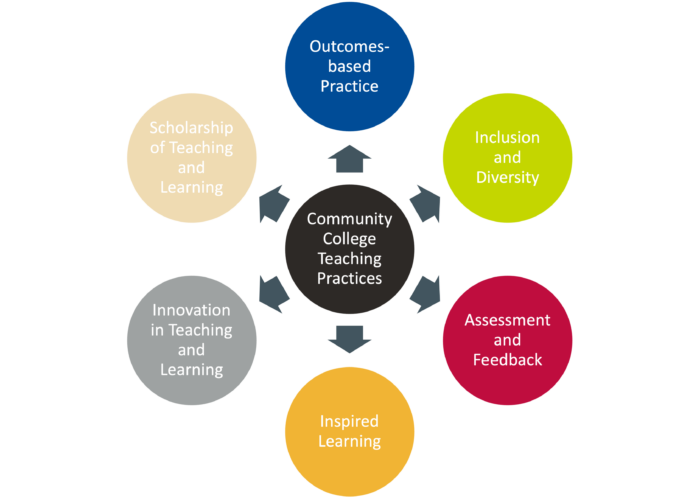Community College Teaching Practices
Community College Teaching Practices (CCTPs) are a combination of knowledge, skills, and habits of mind that faculty use to excel at community college teaching. The practices are intended to encourage new and continuing community college educators to reflect on their instructional practice and to find new ways to improve teaching and students’ learning.
Click on the tiles below to learn more about each practice and explore related resources and professional development opportunities.

Outcomes-based Practice
Outcomes-based Practice is a process of identifying and assessing what the learners should be able to do as a direct result of teaching and learning activities. The emphasis of this practice is on measured outcomes that encompass a range of skills and knowledge. Instructors align significant learning goals with teaching and learning activities, assessment tasks, and feedback to support student progress towards the goals.

Inclusion and Diversity
Design and implement learning opportunities that reflect a diversifying community and foster continuous learning. Diversity has many dimensions, including sex, gender identity, sexual orientation, race, ethnicity, socio-economic background, disability, cognitive style, skill level, age, religion, etc. Inclusive practices will be reflected in all learning environments.

Assessment and Feedback
Assessment is an iterative process for gaining valuable knowledge about student learning. Instructors influence student growth through consistent, timely formative and summative measures, and integrate practices for students to self-assess. Assessment for learning is an educator practice that envelops student feedback on the teaching and learning process and teacher feedback on student achievement.

Inspired Learning
Design and facilitate various teaching and learning methods that engage students in active, authentic learning experiences that develop the acquisition and application of content.

Innovation in Teaching and Learning
As educators in the 21st Century we have the unique experience of life as an interpersonal experience before the digital experience and find ourselves teaching students who only know life through the digital. We have opportunities to educate students on how the digital can educate, how it negotiates our knowledge and perspectives, and how to critically examine it as well as embrace it to learn, express, communicate, and contribute. Educators will be challenged to examine, learn, and incorporate the digital in all areas of teaching and learning.

Scholarship of Teaching and Learning
Reflective educators regularly self-assess and gather feedback from students and peers to identify opportunities for growth. They pursue improvement to their practice by engaging with professional development and scholarship. As members of a learning community, reflective educators also share their scholarship of teaching and learning with others.

